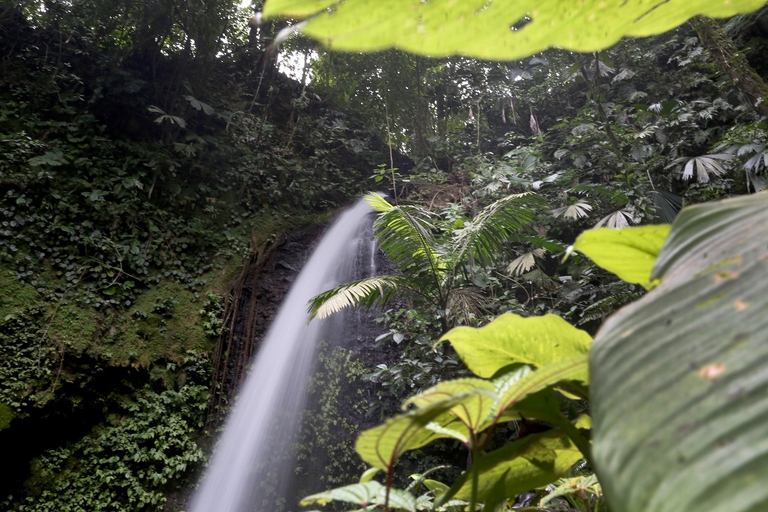
A report by Ember explains that in 2025 electricity generation from renewables (solar, wind and hydropower) surpassed that from fossil fuel sources.
‘Home’ can mean a number of things according to each of us but ultimately it evokes a sense of safety and well-being. It’s an ancestral space where our memories and experiences lie. Planet Earth is our home. It’s the place where our species took its first steps, and evolved throughout millennia. World Environment Day Unlike any other animal species we
‘Home’ can mean a number of things according to each of us but ultimately it evokes a sense of safety and well-being. It’s an ancestral space where our memories and experiences lie. Planet Earth is our home. It’s the place where our species took its first steps, and evolved throughout millennia.
Unlike any other animal species we share the planet with, humans demand more than the environment can provide, leading to its inevitable destruction. A WWF study shows how the world’s wildlife is ever more threatened: two thirds of the animal species could become extinct over the next four years. No other species had such an impact as Homo sapiens, which heavily altered life on Earth in no time becoming protagonist of the sixth extinction and modifying irreversibly the climate and chemical balance of the atmosphere and the oceans. With the objective of stirring our consciences, World Environment Day (WED), instituted by the United Nations in 1972, is celebrated on the 5th of June.
The 5th of June marks the first important international summit on the environment: the United Nations Conference on the Human Environment, held in Stockholm, Sweden, in June 1972. That meeting allowed the creation of the United Nations Environment Programme (UNEP). World Environment Day aims to increase people’s awareness on the importance of the environment, and promote good practices able to generate an exponentially positive impact on our planet.
The 2017 edition, under the slogan Connecting People with Nature, aims to highlight the crucial role we play in protecting the Planet, to which we are closely linked and depend on. World Environment Day represents an occasion to strengthen our relationship with the environment, discovering its fragile beauty and commiting to safeguarding it through small daily actions.
This year’s official celebrations will take place in Canada, which has been elected the host of 2017. Canada, thanks to its incredible natural heritage, is a perfect example of how conservation and economic growth can, and should, go hand in hand. In fact, Canada’s natural resources support the country’s economic development thanks to tourism and a sustainable use of resources. World Environment Day is also an important part of the celebrations for the 150th anniversary of the country. On that occasion, Canada announced that its 47 national parks will be free of charge for the hole of 2017.
Siamo anche su WhatsApp. Segui il canale ufficiale LifeGate per restare aggiornata, aggiornato sulle ultime notizie e sulle nostre attività.
![]()
Quest'opera è distribuita con Licenza Creative Commons Attribuzione - Non commerciale - Non opere derivate 4.0 Internazionale.
A report by Ember explains that in 2025 electricity generation from renewables (solar, wind and hydropower) surpassed that from fossil fuel sources.
The Tyler Prize, considered the “Nobel Prize for the Environment,” has been awarded to Toby Kiers, an American biologist working in Amsterdam.
Belgium is one of the countries most exposed to climate change. Dune–dikes are a solution to curb sea-level rise.
Between October 2024 and September 2025, the average temperature in the Arctic was 1.6 degrees Celsius higher than during the 1991–2020 period.
Undeclared conflicts of interest, paid authors, lack of transparency: one of the most cited studies on glyphosate, published in 2000, has been retracted.
The Copernicus service has released data for the first eleven months of 2025: global warming is set to come close to last year’s record.
The European Council and Parliament have reached an agreement on the European Commission’s proposal to deregulate new GMOs. But farming, organic agriculture, and environmental organizations are calling for it to be stopped.
The world’s second-largest producer has taken a historic decision. However, farms will have until 2034 to shut down.
A Greenpeace report denounces Russia’s political and economic model: a nexus of extractivism, authoritarianism and war that is destroying the environment, with serious repercussions for the global ecosystem.










